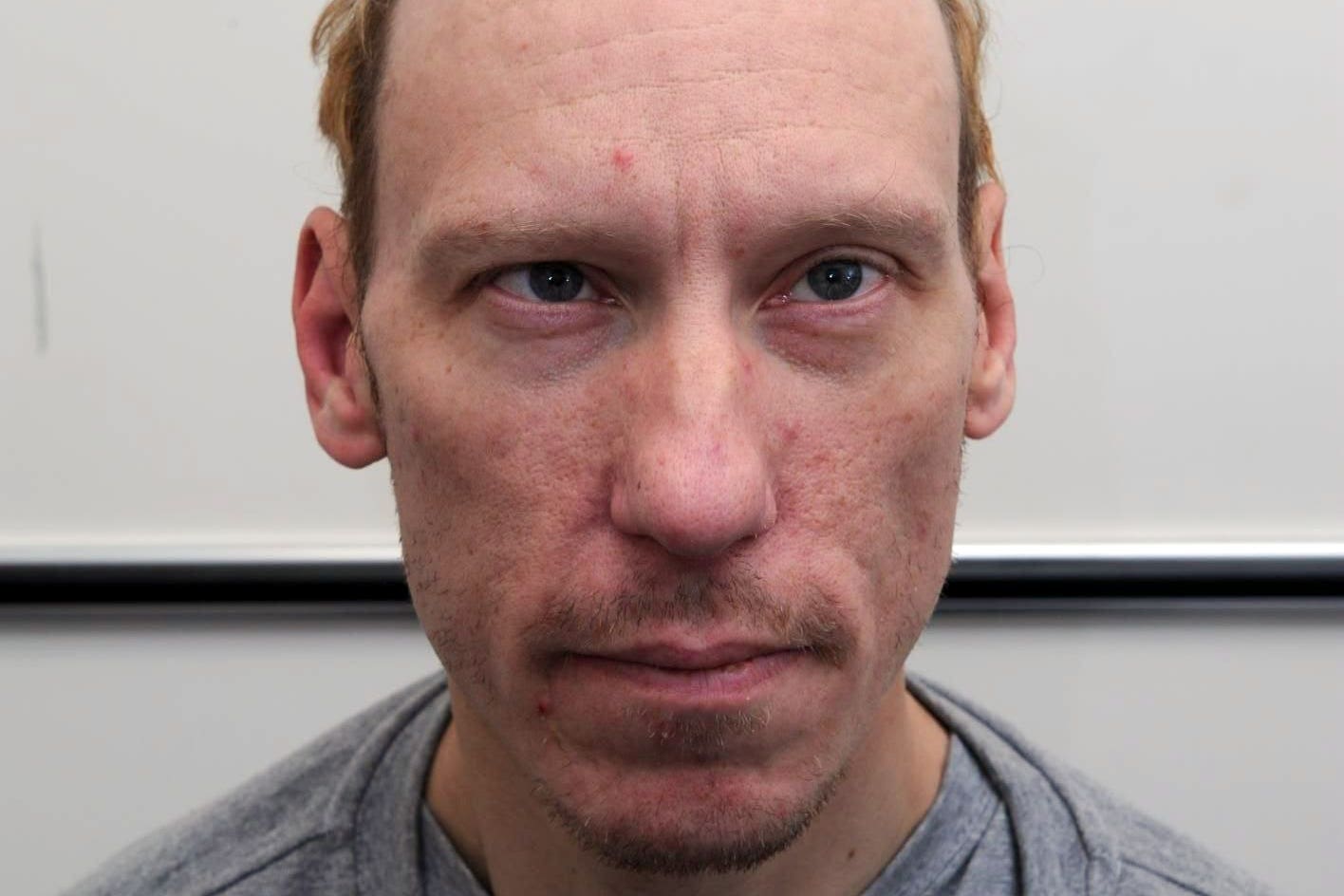Met officers investigated for gross misconduct over serial killer Stephen Port
Port killed four men after drugging them with overdoses of GHB.

Your support helps us to tell the story
From reproductive rights to climate change to Big Tech, The Independent is on the ground when the story is developing. Whether it's investigating the financials of Elon Musk's pro-Trump PAC or producing our latest documentary, 'The A Word', which shines a light on the American women fighting for reproductive rights, we know how important it is to parse out the facts from the messaging.
At such a critical moment in US history, we need reporters on the ground. Your donation allows us to keep sending journalists to speak to both sides of the story.
The Independent is trusted by Americans across the entire political spectrum. And unlike many other quality news outlets, we choose not to lock Americans out of our reporting and analysis with paywalls. We believe quality journalism should be available to everyone, paid for by those who can afford it.
Your support makes all the difference.Five Metropolitan Police officers and three former officers are being investigated for gross misconduct following the force’s failings in the case of serial killer Stephen Port.
Anthony Walgate, Gabriel Kovari, Daniel Whitworth and Jack Taylor all died at the hands of Port, who drugged them with overdoses of GHB and dumped their bodies near his flat in Barking, east London, between June 2014 and September 2015.
On Thursday, the Independent Office for Police Conduct (IOPC) said eight individuals are being investigated for possible breaches of police professional standards relating variously to equality and diversity, duties and responsibilities, authority respect and courtesy and honesty and integrity.
IOPC regional director Steve Noonan said: “We recognise it has taken some time to reach this stage, but these are complex matters, involving multiple officers and four investigations into unexplained deaths and then the subsequent murder investigation into Port.
“Though we have found an indication that the behaviour of these eight individuals may have amounted to gross misconduct, this does not necessarily mean disciplinary proceedings will automatically follow.
“Based on the evidence, at the conclusion of our investigation we will decide whether any officers should face disciplinary proceedings.”
Commander Jon Savell from the Met reiterated the force’s “heartfelt” apologies for its blunders in the case.
Families of three of Port’s victims received payouts from the Met after settling civil claims.
Speaking on behalf of the families of the four men, solicitor Neil Hudgell said they were “cautiously encouraged” by the reopening of the investigation and the development was testament to their “determination and perseverance”.
Basic errors by a string of detectives left Port free to carry out the series of murders as well as drug and sexually assault more than a dozen other men.
Inquest jurors found that “fundamental failures” by the police were likely to have contributed to the deaths of three of the men.
The IOPC said five of the officers, including three who are still serving with the Met, were the subject of an investigation by its predecessor, the Independent Police Complaints Commission (IPCC).
The police watchdog said the original IPCC investigation examined the actions of multiple officers and 17 were subjects in that first probe.
When interviewed, 16 of the 17 officers chose to provide written accounts.
The IOPC began reinvestigating the case last year after saying the original inquiry into the conduct of officers was “materially flawed”.
An inquest jury found that officers in Barking missed repeated opportunities to catch Port after he plied his first victim, Mr Walgate, with a fatal dose of the date-rape drug GHB and dumped his body.
Port struck three more times before he was caught, killing each victim in near-identical circumstances, with police failing to link him to the deaths despite detective work carried out by the victims’ family and friends that would lead to the culprit.
Officers had denied accusations of prejudice and homophobia, blaming mistakes on being understaffed and lacking resources.